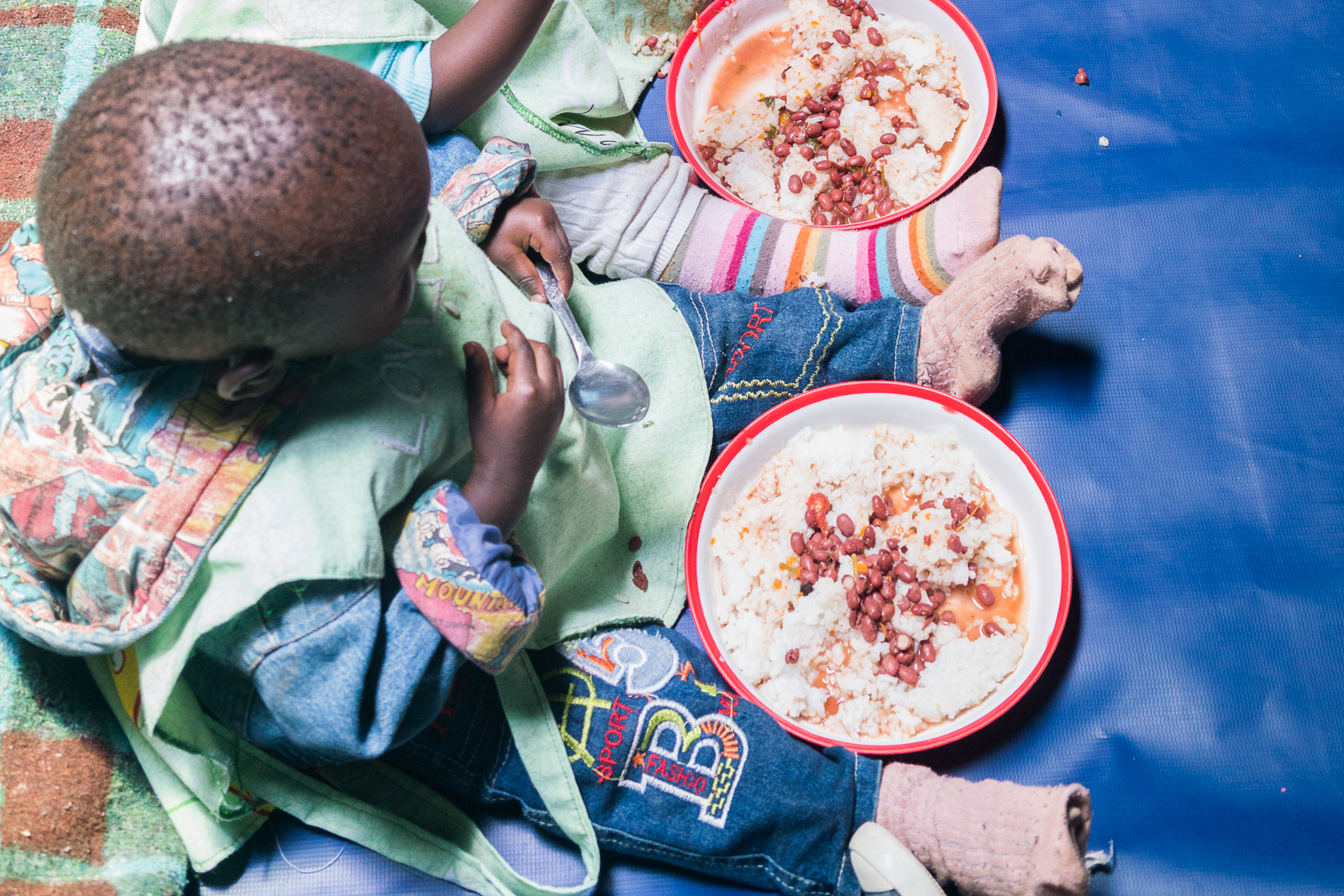
School grows its own food to help children concentrate in class
Right to education, Teachers and learning
In Kenya's congested Kibera district, a primary head teacher is passionate about putting nutritious food on the plates of her young students.
A head teacher at a school in a Kenyan slum has come up with a way to put nutrition on the curriculum – as well as on the children’s plates.
Ann Wambui, 49, is head teacher at Anwa Junior Academy in Kibera, Nairobi, and is passionate about agriculture because she likes “how green brings beauty and peace, crops and trees, and cleans the air”.
Feeding her primary school pupils is high on her agenda.
“As a school we are passionate about children’s full concentration in class,” she said.
“If some children cannot afford lunch due to the low income their parents have (most are casual labourers), the fruits and vegetables planted in the school are used to prepare something small for these children.”
Nutrition is vital for children, especially the young ones. Good nutrition is more than just having enough to eat – it also means having the right balance of foods and sufficient nutrients.
Having enough of the right foods is especially important for infants and toddlers, whose bodies and brains need good nutrition for healthy growth.

For children of all ages, it is important in helping them to concentrate at school.
It’s not easy planting fruits and vegetables in congested Kibera – home to more than one million people – so the school does its planting in containers.
At the “environment club”, students water the plants and learn about the importance of the crops and trees in people’s lives.
Many schools in Kenya don’t have access to a state-funded lunch programme, so schools like Anwa Junior Academy and APBET schools – institutions that are not formally funded by the government – need the parents to provide the lunches – often the previous night’s leftovers.
The APBET (Alternative Provision of Basic Education and Training) schools are currently funded by donations from the private sector or charities.
Ann came up with a way to raise small funds where each child is told to contribute two pennies – used to buy seedlings or fertiliser – as a contribution.
“Food is a major problem to many schools in the slum areas all over Africa and many government institutions are not able to fund all the feeding programmes,” she said.
“Many parents fight to take their children to public schools where there is a feeding programme. Many of our children are hungry and depend on the food being offered so they can concentrate in class.
“Parents who do not get slots are forced to take their children to APBET schools where there is no feeding programme.
“Parents are encouraged to prepare something for their children to carry and you find that most parents give their children food that they fed last night, which is not good for consumption.”
So teachers like Ann decided to look for a way to make sure children in her school were fed on good, healthy food.
That’s why more vegetables and fruits are being planted despite the lack of space in her school.
She said: “The more teachers and parents who can work together by giving water or seedlings or even manpower, it will improve the lives of the children in the slums and help build a better environment for their education.”
More news

Take the test and discover how our Schools Hub helps students grasp the global education crisis
